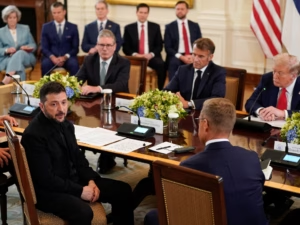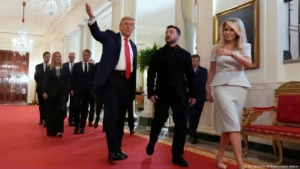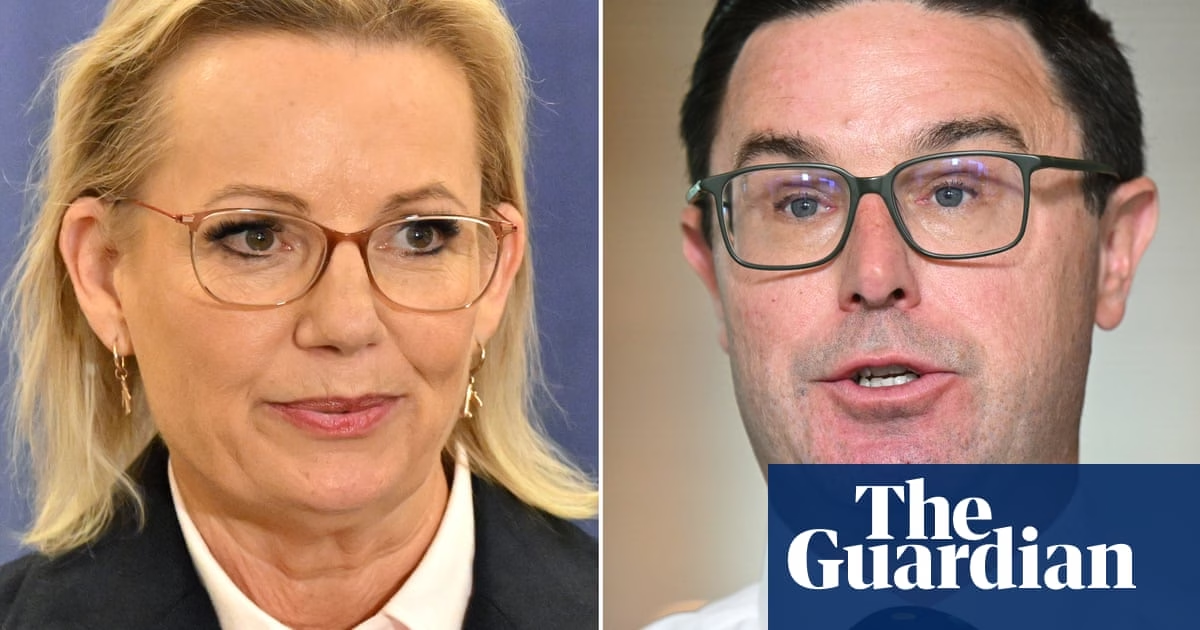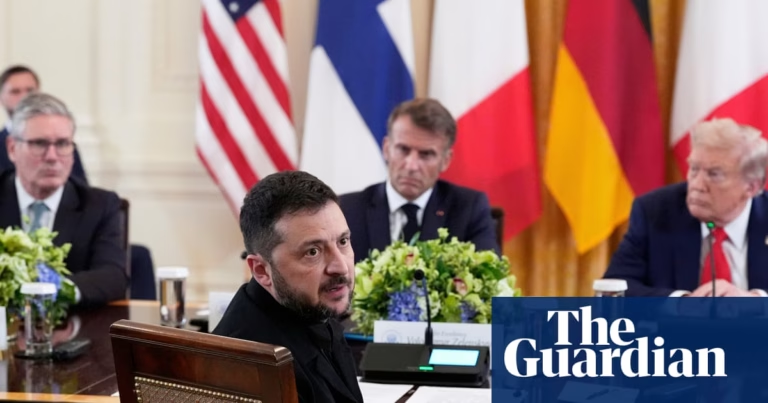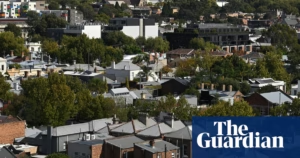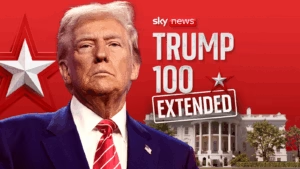The separation between the Liberals and Nationals has officially commenced, concluding their decades-long political collaboration that was vital for the conservatives’ control of power.
Thomas Forth, the leader of the Nationals, informed the Liberal leader, Sussan Ley, during Tuesday’s mid-morning that the regional party wouldn’t be committing to a new coalition agreement.
One cannot help but wonder why.
However, we already know; the main reason is that the Liberals chose not to fulfill the Nationals’ request to maintain their commitment to four key policy areas: support for nuclear power, a $20 billion regional future fund, greater competition powers for supermarkets, and base standard specifications for regional mobile and internet accessibility.
It was the Nationals who insisted that the Peter Dutton-led Liberals adopt these policies in the previous term and clearly expressed their unwillingness to revisit these matters with Ley now at the helm.
According to what a trustworthy source within the Liberal camp mentioned, there was also an unmentioned fifth demand by the Nationals: a directive that even members of the shadow cabinet be permitted to vote against their own party.
Unsurprisingly, this demand was considered unworkable by the Liberals.
The Liberals did not reject the National’s policy requests because of any differentiation from those policies; these were initiatives endorsed by Dutton in a recent election campaign.
So, why did Ley not meet their request?
She was not willing to bind the Liberals to any stance, particularly in a restrictive coalition agreement.
She had vowed to her team immediately following her rise to the Liberal leadership position that this would be her approach.
All policies, inclusive of net zero and nuclear power, would be subject to reconsideration. There would be no “captain’s calls,” she declared.
The reasons underlying this separation reveal how vastly different stances the Liberals and Nationals are occupying today.
The Nationals felt strengthened after winning key internal policy battles in the preceding term, including on nuclear issues and overseeing the ‘no’ campaign in the voice to parliament referendum.
Explaining their motivation, the Nationals, although divided on certain issues like net zero, profoundly believe in their ideals and are bold enough to break away from their long-standing coalition and lose frontbench positions.
In contrast, the Liberals are at a crossroads, trying to ascertain their identity and direction.
While the Liberals desired to stay in the coalition, this break could provide a much-needed space for them to reassess their policies and purpose.
Without the Nationals, Sussan Ley’s task in negotiating within her fractured party just became more manageable.
However, neither the Liberals nor the Nationals hold enough sway to form a government independently, indicating possibilities for a future reunion aimed at regaining power though the specifics remain unclear.


